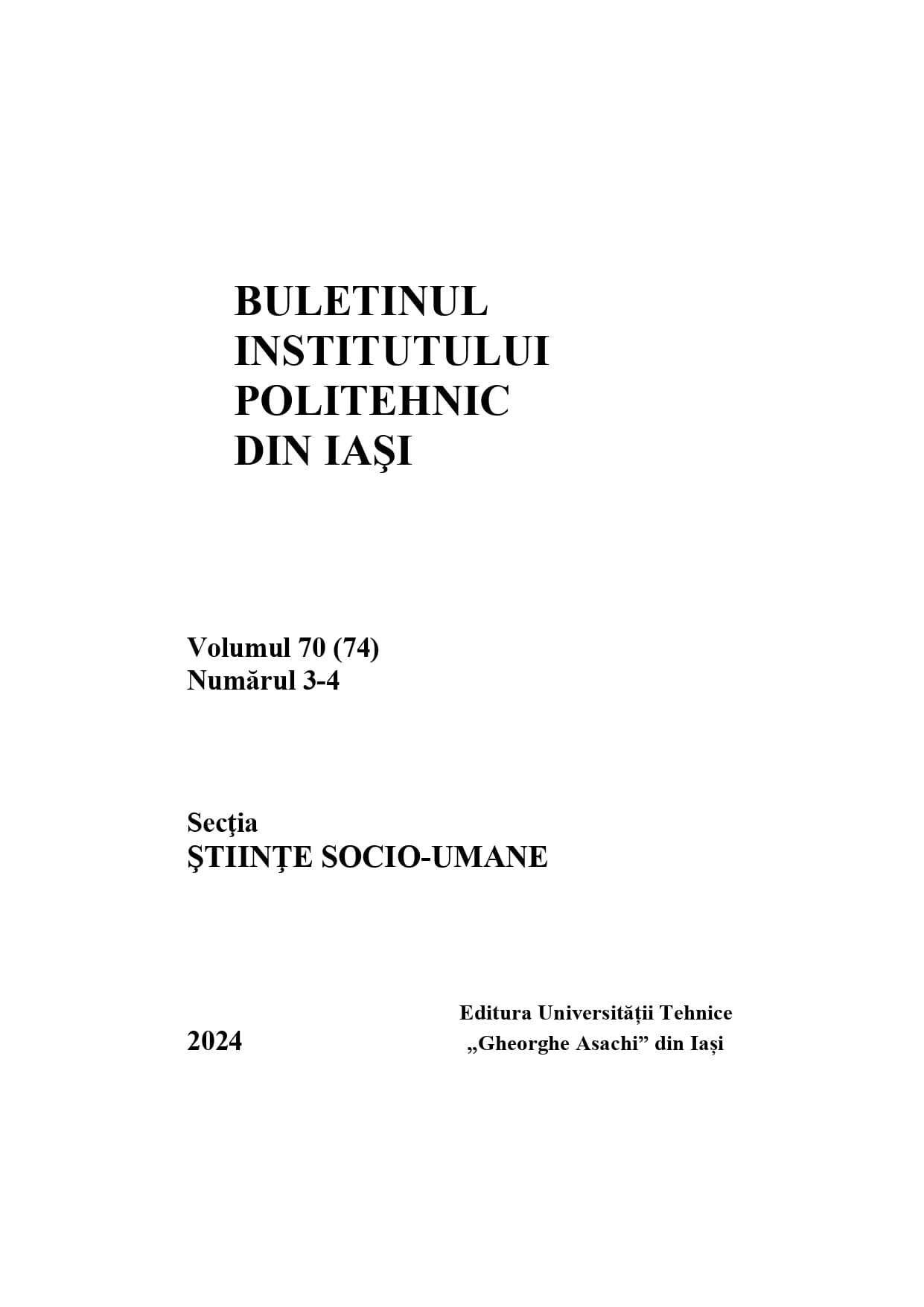The Importance of Using Mental Training Techniques in the Post-Traumatic Training and Recovery of Athletes
The Importance of Using Mental Training Techniques in the Post-Traumatic Training and Recovery of Athletes
Author(s): Ilie-Cătălin Știrbu, Cătălina Mihaela ȘtirbuSubject(s): Social Sciences, Sociology, Sports Studies
Published by: Editura Universității Tehnice “Gheorghe Asachi” din Iași
Keywords: emotions; balance; injury; volition; efficiency;
Summary/Abstract: Mental training is a part of sports psychology that focuses on specifically supporting athletes to help them overcome obstacles and reach their full potential. Confidence, focus and motivation are important factors in every athlete’s performance (Albu, 1998). Competing is demanding and without positive thinking and effective communication between team members, success is more difficult to achieve. Intense training, proper nutrition and willpower are not enough to succeed in this field. Mental training is also necessary to improve the ability to focus, emotional balance and self-confidence (Grosu, 2001). Psychological principles such as positive thinking, visualization and goal setting can be applied in sport to help athletes perform well and prepare for competition (Boroș-Balint, 2012). This study aims to highlight the impact of mental training in the post-traumatic recovery and restoration of performance athletes. We collected data through a questionnaire conducted on athletes in order to demonstrate that mental training techniques are necessary not only for recovery but also for daily training, for competitions, contests and of course in everyday life.
Journal: Buletinul Institutului Politehnic din Iași secția Științe Socio-Umane
- Issue Year: 70/2024
- Issue No: 3-4
- Page Range: 57-66
- Page Count: 10
- Language: English

